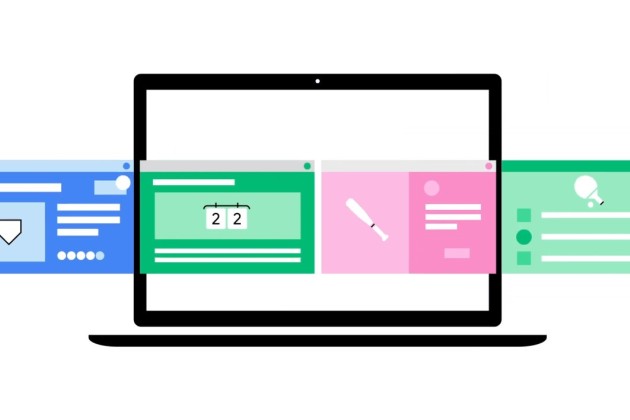The advertising world will have to do without third-party cookies, that’s for sure. But what will be the alternative to these identifiers that follow users during their online sessions? This is the uncertainty… while Google has just presented a new system. Let’s get to the point.
Let’s go back in time to remind you of the context. In 2020, Google committed to remove advertising cookies from its Internet browser, Chrome, the most used on the market (more than 60% of market share). A measure already taken by its competitors Safari (the browser of Apple) and Firefox. The ambition? To make the Web a place more respectful of privacy.
Nice intentions certainly… but it was necessary to find an alternative for everyone to find. Until then, Mountain View firm was promoting a new tool, FLoC, which we had already talked about here and there.
The principle of FLoC (for Federated Learning of Cohorts, in reference to flock)? Targeting by cohort! Internet users were not targeted individually but by groups with similar interests.
FLoC flops
A process that did not convince the industry players. For some, it is even less protective of privacy and provides additional information compared to cookies. It’s just too much. So much so that the British CMA, the competition regulator, had announced in January 2021 the opening of an investigation to find out if these changes do not constitute an abuse of dominant position.
Faced with the outcry, Google had already warned that it would postpone the fateful date of the end of 2022 for the end of cookies.
And on January 26, Vinay Goel, Google’s product manager for these issues, unveiled a new proposal called “Topics”.
What are the changes concretely? The idea is that advertisers will still be able to show relevant ads to Internet users based on their browsing history. But unlike cookies, third parties (as well as Google, it seems) will not be able to know precisely which sites users have visited.
The browser will only identify topics that seem to interest the user: sports, travel, music etc. These topics would be stored not on Google’s servers but on the memory of the device used, in order to generate possible targeted ads “for only three weeks, before they are deleted” the GAFA adds. Internet users would have control over the settings and could deactivate the functionality.
New cookies in short, less precise and renewed every three weeks,” summarizes an expert.
Google specifies that the project is still only at the concept stage and that it must be discussed with online advertising professionals… in order to “deploy these technologies by the end of 2022” anyway!
Mixed reactions
The reactions were not made to wait. For the competing browser Brave, this name change does not solve the privacy issues. A group of German publishers, including the giant Axel Springer, has taken the matter to the European Commission to contest the initiative.
On the site Petit Web, a player in online advertising, under cover of anonymity criticizes:
We have worked hard on the FLoC project. Basically, Google has not taken into account our criticisms. We have no answer on how to measure the frequency of messages (capping) and the performance of campaigns. Google also does not answer the question of self-preference. Thus, it continues to do granular advertising in its domains (Google and Youtube) and does not apply to itself the targeting rules (350 audience segments for the current project) that it imposes on others. Finally, this new proposal does not address the question of why Google would delete third-party cookies. It is not clear how this measure can secure people’s privacy. It is Google that decides what the market will be allowed to target. FLoC was technically deficient, but players could create segments. Now, Google is the one who imposes its law”.
Weaning off the “third-party cookie drug” is definitely difficult…




